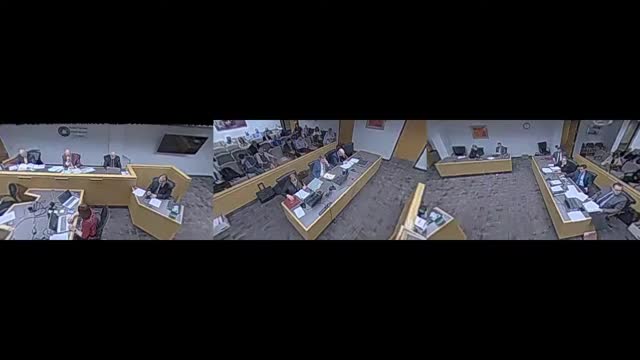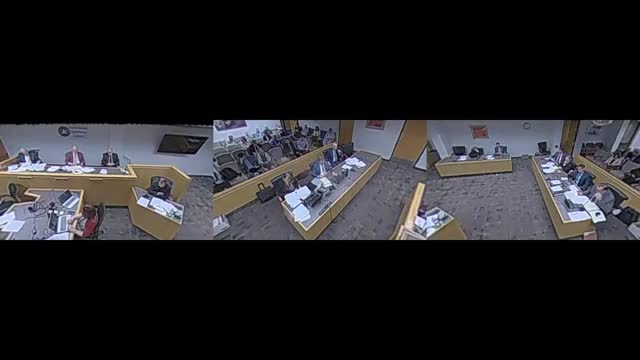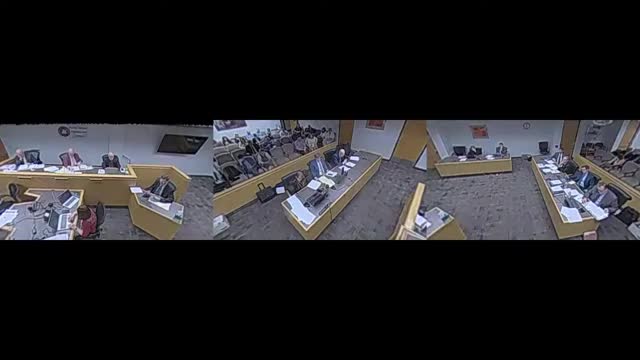Article not found
This article is no longer available. But don't worry—we've gathered other articles that discuss the same topic.

Division of Public Utilities says Rocky Mountain Power’s revised 2023 wildfire plan fails to show costs balance benefits

Independent evaluator says RMP risk approach broadly follows standards; FFSL says revised plan complies with statute

